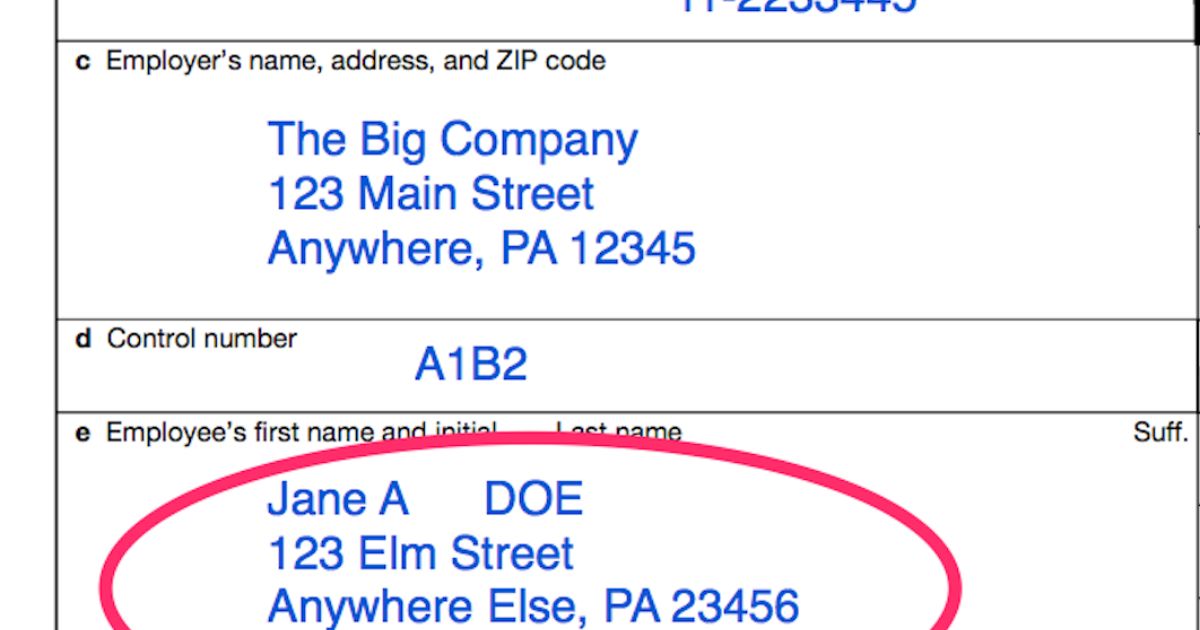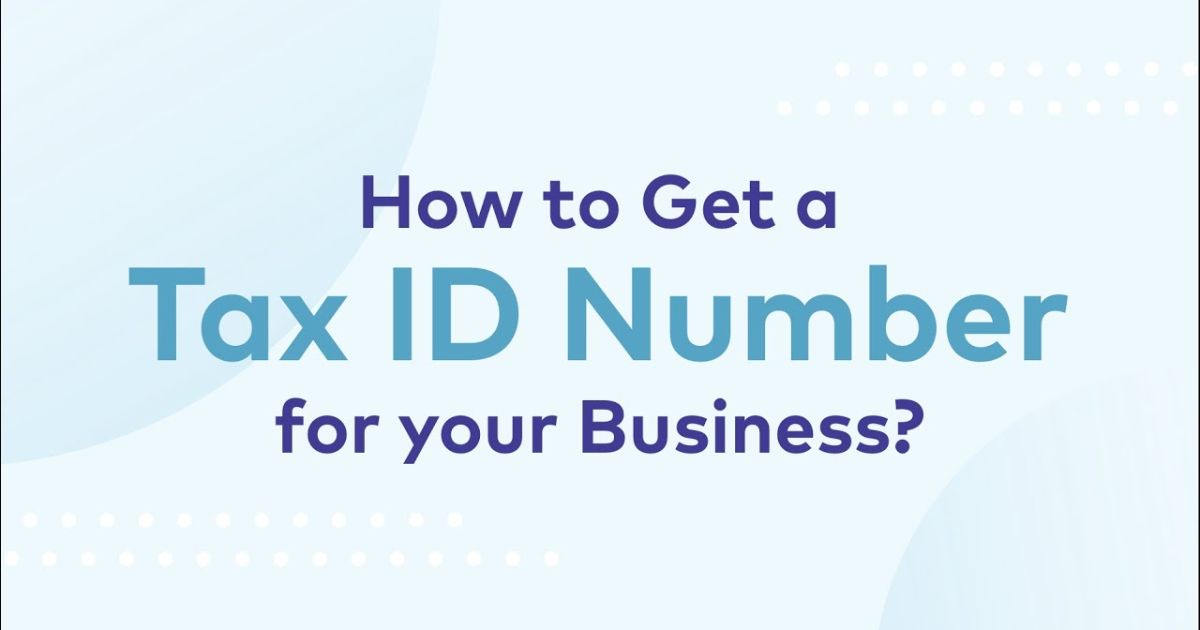Acquiring a tax identification number for a business is an essential step in ensuring legal compliance and facilitating financial transactions. By juxtaposing the objective requirements of eligibility with the technicalities of the application process, this article aims to provide a professional and precise guide on obtaining a tax ID number. The discussion will encompass employer tax responsibilities, the purpose of an employer identification number, exempt organization information, and circumstances that necessitate acquiring a tax ID number. This comprehensive approach caters to an audience seeking an inclusive understanding within the context of belonging to the business community.
Key Takeaways
• Register the business with the appropriate government agency
• Provide specific information about the business, such as legal structure and purpose
• Submit supporting documentation, such as proof of identification or business formation
• Accuracy and completeness are crucial to avoid delays or rejection of the application
Eligibility Requirements
To determine eligibility for obtaining a tax ID number for a business, individuals must fulfill certain requirements as outlined by the relevant tax authorities. These requirements typically include registering the business with the appropriate government agency, such as the Internal Revenue Service (IRS) in the United States, and providing specific information about the business, such as its legal structure and purpose. Additionally, individuals may need to provide supporting documentation, such as proof of identification or proof of business formation. The eligibility requirements aim to ensure that only legitimate businesses are granted tax ID numbers and that proper records can be maintained for taxation purposes. Understanding these requirements is essential before proceeding with the application process for a tax ID number.
In order to understand the application process for obtaining a tax ID number for a business, it is important to first familiarize oneself with the eligibility requirements set by relevant tax authorities.
Understanding the Application Process
The application process for obtaining a tax identification number requires a thorough understanding of the necessary documentation and steps involved. One must begin by completing the appropriate IRS form, such as Form SS-4 for businesses or Form W-7 for individuals. These forms require detailed information about the applicant’s identity, business structure, and purpose. In addition to submitting the completed form, applicants are typically required to provide supporting documents such as proof of identification, business formation documents, and any relevant licenses or permits.
It is crucial to ensure that all required information is accurate and complete to avoid delays or rejection of the application. Once submitted, the processing time can vary depending on various factors including workload at the IRS office handling the application. Applicants should also be aware that certain states may have additional requirements for obtaining a state tax identification number in conjunction with their federal tax ID number.
Submitting Your Application
Submitting the completed IRS form and all required supporting documents is an essential step in the application process for obtaining a tax identification number. This ensures that the application is complete and accurate, which is crucial for the issuance of a tax ID number. The following are key points to consider when submitting your application:
• Double-check all information: Reviewing your completed IRS form and supporting documents will help eliminate any errors or omissions that could delay the processing of your application.
• Accuracy: Ensure that all information provided is accurate, including names, addresses, and social security numbers.
• Completeness: Make sure to include all required supporting documents such as proof of identity, business formation documentation, and any additional forms specific to your business type.
Employer Tax Responsibilities
Employer tax responsibilities encompass a range of obligations that organizations must fulfill in order to comply with federal and state tax regulations. These obligations include withholding and paying employment taxes, reporting employee wages and tips, filing various tax forms, and ensuring proper recordkeeping. Employers are required to withhold federal income tax, Social Security tax, and Medicare tax from their employees’ wages.
They must also match the amount withheld for Social Security and Medicare taxes. In addition, employers need to report their employees’ income by filing Form W-2 annually. Failure to fulfill these tax responsibilities can result in penalties and legal consequences for the organization. Understanding and adhering to employer tax responsibilities is crucial for maintaining compliance with the law while ensuring fair treatment of employees.
Transition: One important aspect of fulfilling employer tax responsibilities is obtaining an Employer Identification Number (EIN), which serves as a unique identifier for businesses when interacting with the Internal Revenue Service (IRS).
Purpose of an Employer Identification Number

Obtaining an Employer Identification Number (EIN) is essential for organizations as it serves as a unique identifier required by the Internal Revenue Service (IRS) to interact with businesses. The purpose of an EIN is to facilitate various tax-related processes and ensure compliance with federal regulations.
The significance of obtaining an EIN can be understood through the following points:
• Identification: An EIN provides a distinct identification number for businesses, enabling accurate tracking of financial transactions and tax reporting.
• It establishes a clear distinction between personal and business finances, maintaining transparency in financial operations.
• It aids in preventing identity theft by safeguarding sensitive business information.
• Legal Compliance: An EIN is necessary for fulfilling tax obligations and meeting regulatory requirements.
• It allows businesses to file tax returns, pay employment taxes, and claim deductions or credits.
• It enables employers to report employee wages accurately, ensuring compliance with payroll tax regulations.
Exempt Organization Information
Exempt organizations are required to provide detailed information about their activities and finances in order to maintain transparency and ensure compliance with regulations. This requirement serves the purpose of promoting accountability and enabling the public to make informed decisions regarding their support for these organizations. The provision of such information allows stakeholders, including donors, government agencies, and the general public, to assess an exempt organization’s operations, impact, and financial health.
Commonly requested details include program descriptions, governance structure, compensation practices, sources of revenue, and expenses incurred. Additionally, exempt organizations may need to disclose any potential conflicts of interest among board members or key personnel. By providing this comprehensive information on a regular basis through annual reports or publicly available documents like Form 990s in the United States, exempt organizations foster trust among their constituents while complying with legal obligations.
When Do You Need a Tax ID Number?
When it comes to starting a business, one important step is obtaining a tax ID number. A tax ID number, also known as an Employer Identification Number (EIN), is used by the Internal Revenue Service (IRS) to identify businesses for tax purposes. But when do you actually need a tax ID number? Here are some situations in which you may require a tax ID number:
• Starting a new business: If you’re starting a sole proprietorship, partnership, corporation, or any other type of business entity, you will need to obtain an EIN.
• Hiring employees: If your business plans to hire employees, having a tax ID number is essential for payroll and employment tax purposes.
Conclusion
Obtaining a tax ID number for your business is an essential step in ensuring compliance with government regulations. By understanding the eligibility requirements and application process, you can successfully navigate this procedure. Submitting your application promptly will expedite the process and allow you to fulfill your employer tax responsibilities. Remember that an employer identification number serves as a unique identifier, enabling accurate reporting and tracking of financial activities. Whether you operate as an exempt organization or not, obtaining a tax ID number is crucial for legal purposes.








